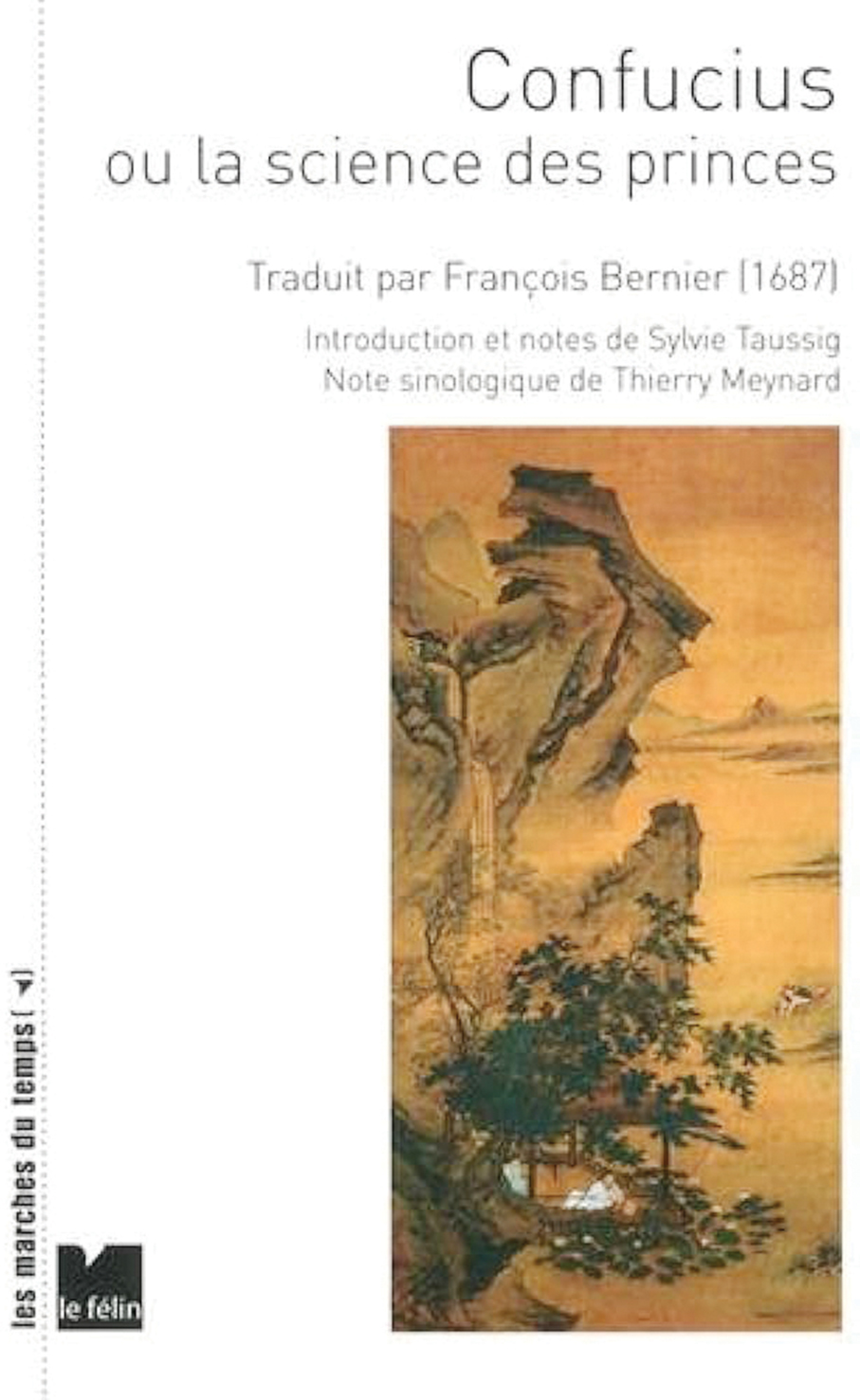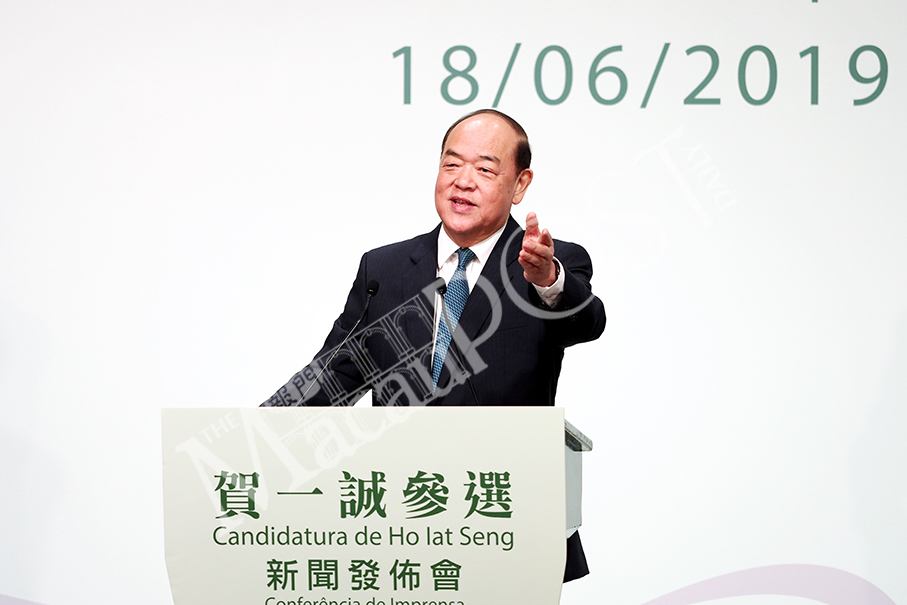Analysis
BEIJING –The heads of state of China and France celebrated the 60th anniversary of the establishment of diplomatic relations between the two countries on Saturday, featuring the launch of the China-France Year of Culture and Tourism.
Cultural exchanges between the two nations have not only spanned the past 60 years, but have actually already lasted several centuries.
A copy of the manuscript “Confucius, or the Science of the Princes” has been drawing widespread attention since it was presented by French President Emmanuel Macron to his Chinese counterpart Xi Jinping during his state visit to France in 2019.
This precious gift highlighted the cultural exchanges between the two countries during the 17th and 18th centuries, creating a solid foundation for present-day bilateral relations.
EMBLEMATIC PHILOSOPHER
Published in 1688, “Confucius, or the Science of the Princes” written by François Bernier is the earliest known French version of the Latin work “Confucius Sinarum Philosophus” edited and published in the previous year, systematically encompassing the classical works of the Confucian school.
Featuring classic bookbinding styles from the Age of Enlightenment in France, the work sheds light on the political, ethical, and moral ideas of the great Chinese philosopher Confucius, who lived more than two millennia ago.
“This is the first French translation. I am struck that Bernier had the insight to want to share it with the French public,” said Olivier Bosc, director of the Arsenal Library, which has preserved a manuscript by Bernier since around the 18th century.
Bernier lived in an era when Louis XIV paid particular attention to relations with the East, including China. The King sent a delegation to better understand Chinese culture. These scholars translated “The Analects of Confucius” from Chinese into Latin.
Having spent years traveling in the East, Bernier translated the work with political aims. He wanted to enlighten readers with the values of balance, morality, and respect, and the work served as a counterpoint to Niccolò Machiavelli’s “The Prince,” which emphasized deceit, violence, and cunning.
EXPLAINING CONFUCIUS TO LOUIS XIV
In 1687, after the Royal Library, now the National Library of France, published “Confucius Sinarum Philosophus,” Bernier recognized the need for a French translation. Driven by a belief that introducing Confucianism to France could counter skepticism and bring virtue to politics, Bernier approached his translation from a philosophical instead of a historical perspective, distinguishing him from the Jesuit tradition, said Thierry Meynard, a French philosophy professor at Sun Yat-sen University in Guangzhou.
Bernier’s work was more than a translation. It reflected French political life at the time. Bernier dedicated his take on “Confucius, or the Science of the Princes” to French kings or future kings, emphasizing the moral education of the sovereign is the political foundation of a nation.
Meynard highlighted Bernier’s aspiration to extract universal principles from Confucianism for modern political science, for example, harmony between the monarch and the people, making it pertinent not only to China but to rulers worldwide, including Louis XIV.
CULTURAL EXCHANGES BEYOND CONFUCIUS
In the 17th century, exchanges between France under Louis XIV and China under Emperor Kangxi expanded culturally, commercially, and in the religious domain, said Rémi Mathieu, a renowned French sinologist, in a recent written interview with Xinhua.
Chinese art, notably Ming Dynasty (1368-1644) artifacts, had a broad impact on the aesthetic life of the French upper class. Chinese-style clocks, sculptures, paintings, carpets, and screens appealed to French nobility and merchants, marking an era of “chinoiseries” in bourgeois salons and royal courts.
Furthermore, the imperial examination system, or “keju” in Chinese, inspired Louis XV to create the first recruitment competitions, gradually replacing the aristocracy in Louis XIV’s France. The tradition of meritocracy still prevails in contemporary France, said Mathieu.
This year marks the 60th anniversary of the establishment of diplomatic relations between China and France. Regarding his vision of future cultural exchanges between the two countries, Mathieu hopes “the current trend aiming for a better understanding of each other’s history and culture will intensify.” – Xinhua

Book cover of “Confucius ou La science des princes” translated from Chinese into French by – François Bernier (1620-1688) – Photo courtesy of Amazon









